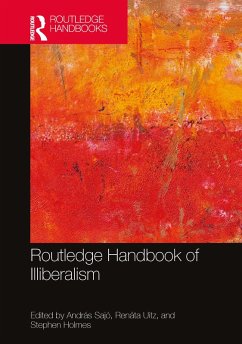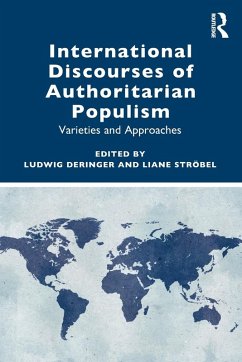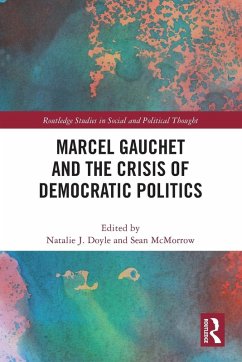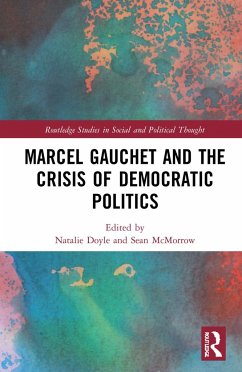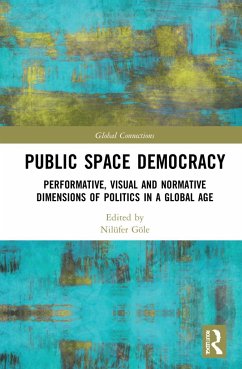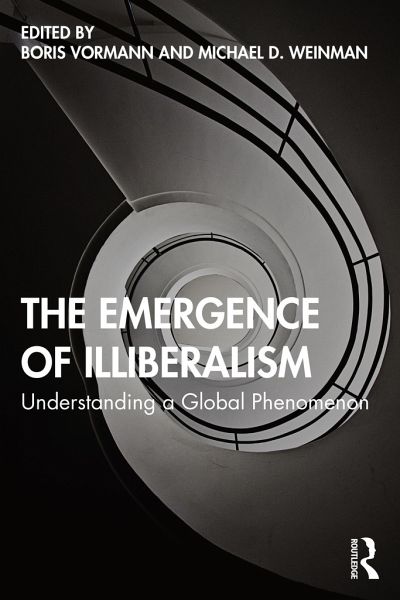
The Emergence of Illiberalism
Understanding a Global Phenomenon
Herausgegeben: Vormann, Boris; Weinman, Michael D.
Versandkostenfrei!
Versandfertig in 6-10 Tagen
43,99 €
inkl. MwSt.

PAYBACK Punkte
22 °P sammeln!
As illiberal and authoritarian trends are on the rise-both in fragile and seemingly robust democracies-there is growing concern about the longevity of liberalism and democracy. The purpose of this volume is to draw on the analytical resources of various disciplines and public policy approaches to reflect on the current standing of liberal democracy. Leading social scientists from different disciplinary backgrounds aim to examine the ideological and structural roots of the current crisis of liberal democracies, in the West and beyond, conceptually and empirically.The volume is divided into two ...
As illiberal and authoritarian trends are on the rise-both in fragile and seemingly robust democracies-there is growing concern about the longevity of liberalism and democracy. The purpose of this volume is to draw on the analytical resources of various disciplines and public policy approaches to reflect on the current standing of liberal democracy. Leading social scientists from different disciplinary backgrounds aim to examine the ideological and structural roots of the current crisis of liberal democracies, in the West and beyond, conceptually and empirically.
The volume is divided into two main parts:
Part I explores tensions between liberalism and democracy in a longer-term, historical perspective to explain immanent vulnerabilities of liberal democracy. Authors examine the conceptual foundations of Western liberal democracy that have shaped its standing in the contemporary world. What lies at the core of illiberal tendencies?Part II explores case studies from the North Atlantic, Eastern Europe, Turkey, India, Japan, and Brazil, raising questions whether democratic crises, manifested in the rise of populist movements in and beyond the Western context, differ in kind or only in degree. How can we explain the current popular appeal of authoritarian governments and illiberal ideas?
The Emergence of Illiberalism will be of great interest to teachers and students of politics, sociology, political theory and comparative government.
The volume is divided into two main parts:
Part I explores tensions between liberalism and democracy in a longer-term, historical perspective to explain immanent vulnerabilities of liberal democracy. Authors examine the conceptual foundations of Western liberal democracy that have shaped its standing in the contemporary world. What lies at the core of illiberal tendencies?Part II explores case studies from the North Atlantic, Eastern Europe, Turkey, India, Japan, and Brazil, raising questions whether democratic crises, manifested in the rise of populist movements in and beyond the Western context, differ in kind or only in degree. How can we explain the current popular appeal of authoritarian governments and illiberal ideas?
The Emergence of Illiberalism will be of great interest to teachers and students of politics, sociology, political theory and comparative government.





